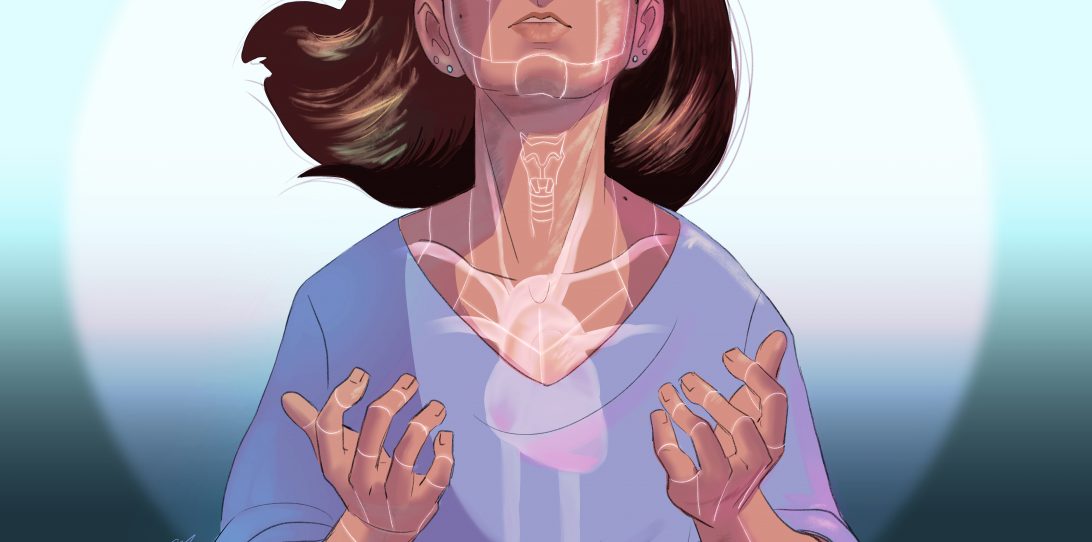This weekend, I traveled with a bunch of my fellow science majors to Vancouver, WA, where we attended an undergraduate research conference.
I was excited because I’d have the opportunity to get off campus for a few days and try something I’d never done before.
But then I was really nervous. Practicing my poster with my lab mates didn’t go well and I found a dreaded typo in the second word of my poster title. We were going to be presenting one day earlier than everyone had been telling me, and I was starting to think I would just look like an idiot. I wanted to bail, but—faulty poster and lack of confidence aside—I was committed.
Even though the beds were soft at the hotel, I kept waking up all throughout the night, and when my alarm rang in the dark at 6am, I opened my eyes with an emotional state best illustrated by the distant sounds of a crying baby.
The day had come far too quickly. And it promised to be very long.
Still, the poster session actually went well. I only had to stand by it for an 1hr 45 min. People came by and I gave the spiel, they asked questions, one lady critiqued a stylistic preference. My throat got really dry. But then I got to walk around the next session and look at other students’ projects. And I got a nap sometime soon after that.
I listened to quite a few students’ talks on projects within the life sciences, and throughout the 20-minute presentations, I was able to story-plan, which gave me a happy multitasking medium. Friday night, a biophysicist talked about the fascinating work in her lab artificially constructing microtubule aggregates and interactions. (Microtubules are one of the key structural components of cells). My roommate and I were nerding out. I would have nerded out more if I wasn’t so tired.
As exhausting as it was, it was fun. And as I sat through the presentations, and stood talking about my own research, I could feel something stitching back together.
This conference, this celebration of science and all the work involved, helped remind me of why I loved the discipline. Why I became a science major.
Science had begun to lose my favor as I got bogged down with cramming information in my head and reading academic journal articles and writing lab reports. But science is more than that.
Undergraduate biology major is a foundation. It has taught me how to think, to reason, to look at data and draw conclusions. It has given me introductory information with which I can gravitate toward whatever concentration takes my interest, and understand a wide variety of biological subjects and techniques.
I may not have a career in science specifically, but I’m still glad I’m a science major. It still fits. It still speaks to my heart in some way that I thought I was losing. After graduation, this scientific foundation’s role will be different than I expected, but it will still be very important.

